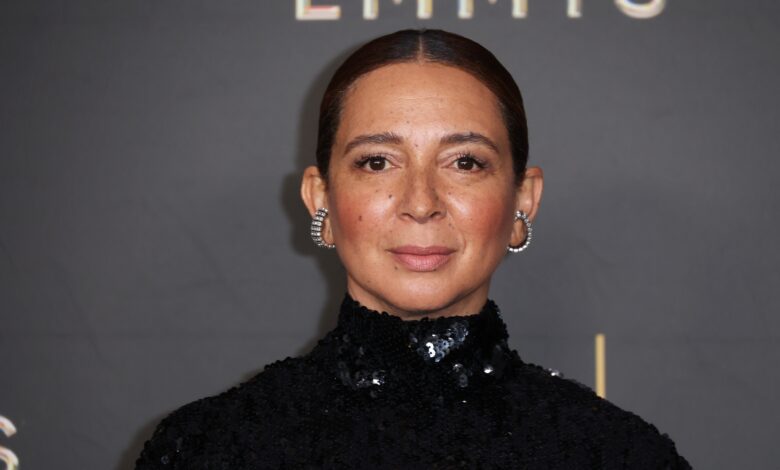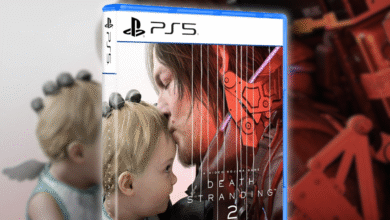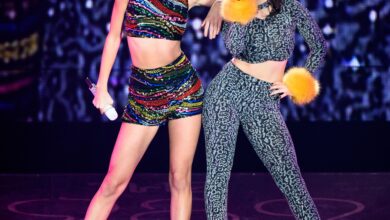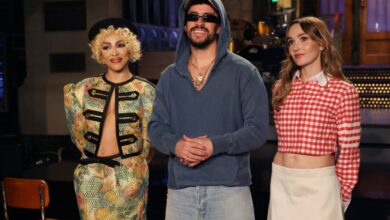Please Stop Asking Maya Rudolph About Her Mother in Interviews

Maya Rudolph is done rehashing the past. In an interview for her Variety cover story, the six-time Emmy winner and Saturday Night Live all-timer shared that she is no longer interested in discussing the death of her mother, singer-songwriter Minnie Riperton, during interviews: “Why the fuck are we still doing this?”
Born in 1972, Rudolph is the daughter of composer Richard Rudolph and the iconic “Lovin’ You” singer. Riperton was just 31 years old when she died of breast cancer in 1979. During the interview, Rudolph revealed that she recently came to the realization that she no longer wants to unpack her mother’s death when talking about her career with the press.
“My whole career, people have always brought up my mom, which is wonderful,” she told Variety. “But then they also bring up the tragedy of losing my mother when I was little. And they ask me how old I was when she died.”
The Loot star pointed out that the details regarding her mother’s death are readily available to anyone familiar with her or her work. “First of all, if you know me and you know who I am, you already have that information,” she said. “And the second thing is, who wants to be asked about their childhood trauma every time they talk about their career? I’m 52 years old, and I have survived my childhood trauma.”
Rudolph recently won her sixth Emmy for voicing hormone monstress Connie on the animated Netflix comedy Big Mouth. She’s also nominated for best actress in a comedy series for her performance as Molly Novak, the billionaire ex-wife of a tech mogul, on Apple TV+’s Loot. Production on the third season of Loot has been pushed back so that Rudolph can return to SNL in some capacity this fall to portray Democratic presidential nominee Kamala Harris during the election cycle. She’s also a mother to four children—Pearl, Lucille, Jack, and Minnie, named after her own mother—whom she shares with her longtime partner, director Paul Thomas Anderson.
Clearly, Rudolph has plenty going on beyond her childhood trauma. Yet she still finds herself talking about the loss of her mother in interviews. “I answer the question and then afterwards, I’m like, Why the fuck did I do that again?” she said. “Maybe this is the day where we just go, like, ‘You can stop asking.’ It just makes a sad story. But we’re talking about great things, yeah, and humans are capable of so much more than one thing. But for whatever reason, people want to really focus on the sadness, and I’m like, I good.”
-
Inside the Hive Breaks Down the Presidential Debate, the GOP’s Extreme Policies, and More


